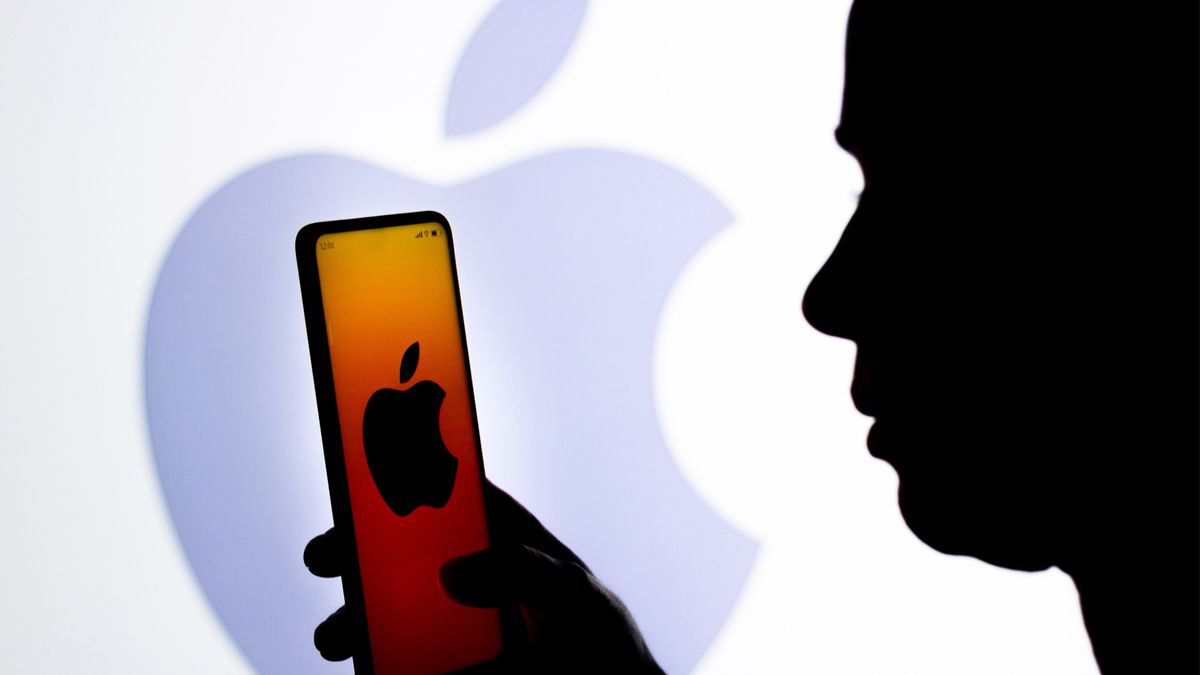
Imagine if your iPhone setup started by asking if you want Siri, Alexa, or Google Assistant.
It could happen. Maybe.
The European Union’s Digital Marketing Act (DMA), a set of rules targeting so-called digital gatekeepers like Amazon, Microsoft, Facebook, and Apple, could have wide-reaching implications for everything from search and browsers to messaging services across multiple platforms.
Now it also seems to target your favorite digital assistants.
Policymakers in the EU have been working on the DMA for almost two years with the goal of “ensuring fair and open markets.” It targets companies and digital services that have huge userbases (45 million monthly active users) and significant revenues (75B Euros). If enacted in October of this year, it enforces:
- Interoperability between these large companies and third-party providers
- Customer access to data generated in these company’s services
- It would give advertisers the ability to use their own tools to measure ad performance on these large company platforms (think Google AdSense)
- Opening proprietary messaging services to interoperation with third-party messaging services
- Open the platforms to promotions and use of third-party transaction services
This week, however, the EU committees met again to further negotiate the DMA, and hidden among the laundry list of new requirements is this:
“…a requirement to allow users to freely choose their browser, virtual assistants or search engines.”
Browser choice and search engine selection are already a given on Apple’s iOS, macOS and iPadOS, as it is on Microsoft’s Windows, and browsers like Microsoft Edge and Google Chrome.
What no one really asks us about and is often baked into hardware is our virtual assistants.
Every iPhone arrives with Siri built-in at a system level. Siri is the assistant that responds when you hold the power sleep button. It’s the digital voice that responds when you say, “Hey Siri.” In Google devices, Google Assistant is the default. More crucially, there isn’t an Echo device sold with the option to switch from Alexa to another assistant.
As written, this DMA opens Apple, Amazon, and, possibly, Google up to violations and fines if they do not allow consumers to choose between, say, Siri and Alexa or Google Assistant and even Samsung’s Bixby. Individual violations for any of the DMA rules would result in fines equal to 10% of overall worldwide revenue and could grow to 20% of revenue for repeat violations.
It’s worth noting that the EU Commission, which has oversight over the European Union and not worldwide operations for Apple, Facebook, Microsoft, and other qualifying companies is going after each firm’s global earnings.
It further raises the question of the actual teeth of these potential rules.
Developed with an aim of protecting small businesses, tinier companies, and especially the interests of European companies and customers, there is a chance that rules enacted in the EU could affect customers around the world.
Google and Apple released statements that, while appearing to support the sentiment of the DMA, both expressed concern about how the rules could impact innovation, choice, privacy, and security.
An Apple spokesperson shared this statement with TechRadar on the latest provisions:
“Apple has always been committed to creating the best, most innovative products for our customers, and to ensuring that their privacy and security are always protected. We remain concerned that some provisions of the DMA will create unnecessary privacy and security vulnerabilities for our users while others will prohibit us from charging for intellectual property in which we invest a great deal. We believe deeply in competition and in creating thriving competitive markets around the world, and we will continue to work with stakeholders throughout Europe in the hopes of mitigating these vulnerabilities.”
The company is not, for now, talking about virtual assistants.
The voice assistant question
For Google, Apple, and Amazon, Google Assistant, Siri, and Alexa represent important connective tissue across their ecosystems of connected devices and services.
Apple lets Siri talk through and control iPads, iPhones, Macs, HomePods, and control services like Apple Music and Maps. Google Assistant threads throughout almost all of Google’s Knowledgebase-driven systems. Alexa is an interesting case because, perhaps even more than Google Assistant, it weaves through all Amazon hardware and services and, as an open service, lives across countless third-party hardware. Plus, unlike Apple’s Siri, it allows you to embed third-party service control. Mabe the EU will look more kindly on Alexa.
If in October, the EU is able to enact the full scope of the DMA, its impact will be felt well beyond the EU’s borders. It’s likely Congress and The Whitehouse, which have been thinking through and discussing regulation and big-tech breakup for years, could use the DMA as a quick-fix stop-gap template until it can come up with its own rules (I won’t hold muy breath).
If all that comes to pass, it will be a reckoning day for Apple, Google, Amazon, Facebook, and other big tech companies that meet the threshold. It could also be a sea-change for your favorite virtual assistant.
“Hey Siri, are you worried?”





